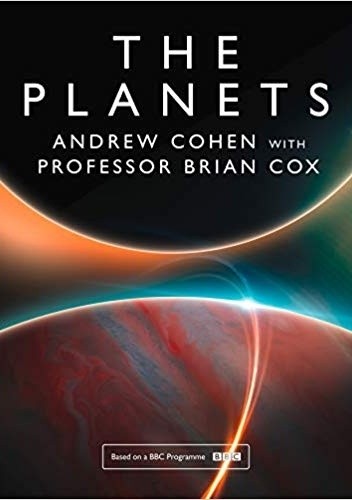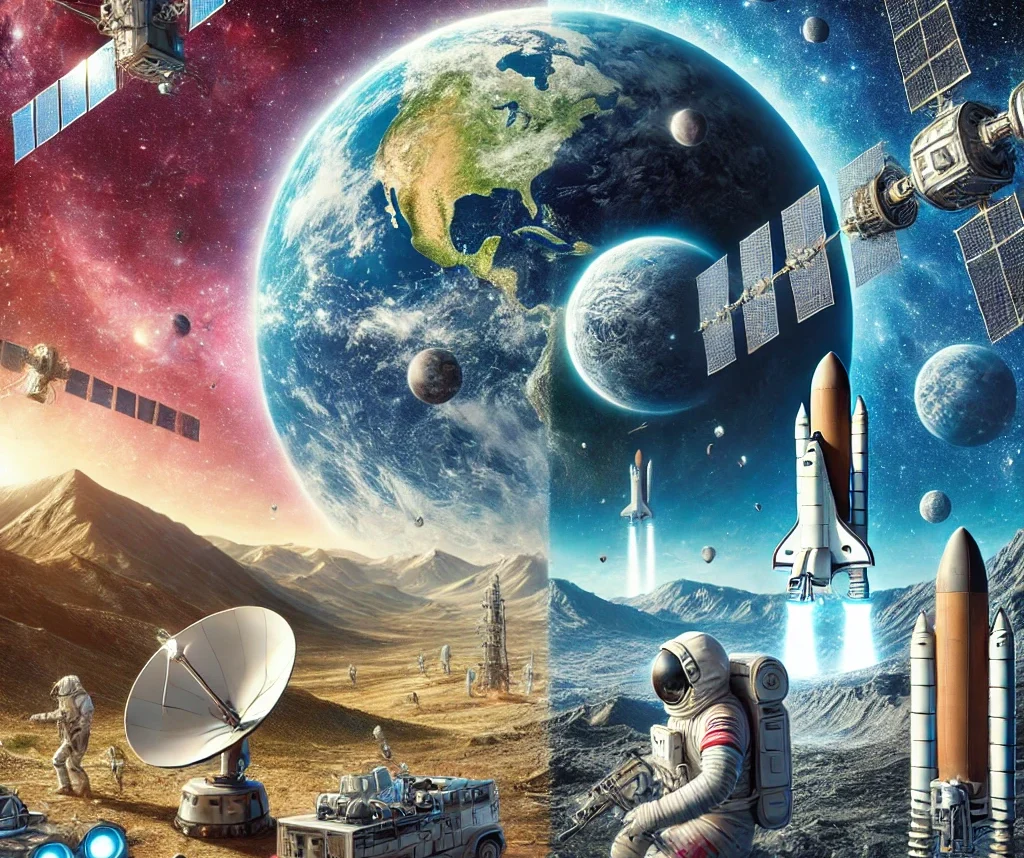Space has been a source of fascination for humankind since the dawn of civilization. From ancient stargazers charting the movement of celestial bodies to the sophisticated space missions of today, our understanding of the cosmos has grown exponentially. The study of space not only helps us comprehend the universe beyond Earth but also sheds light on the fundamental processes that govern our own planet.
As we explore space, we uncover answers to age-old questions, such as “How did the universe begin?” and “Are we alone in the cosmos?” Yet, each answer often opens the door to even more mysteries. This article will delve into the vastness of space, the importance of space exploration, and how new technologies are helping us unlock the secrets of the universe.
What Is Space?
Space refers to the vast expanse beyond Earth’s atmosphere, where there is little to no matter and an almost complete vacuum. It is the region where celestial bodies like stars, planets, asteroids, and galaxies exist. Space is characterized by the absence of air, extremely low temperatures, and the presence of cosmic radiation.
At the most fundamental level, space can be understood in terms of the laws of physics, particularly gravity. Gravity binds celestial objects together and governs their movement. For example, the Earth orbits the sun due to the gravitational pull between them, and similarly, the moon orbits the Earth.
The Importance of Space Exploration
Space exploration has been one of humanity’s greatest scientific endeavors. By studying space, we gain knowledge about the universe’s origins, the nature of other planets, and the potential for life beyond Earth. Here are some reasons why space exploration is critical:
1. Scientific Discovery: Space missions allow us to study distant planets, stars, and galaxies, helping us understand phenomena like black holes, supernovas, and cosmic rays. The Hubble Space Telescope, for example, has provided stunning images and data that have expanded our understanding of the universe.
2. Technological Innovation: The challenges of space travel drive technological advancements. Innovations such as GPS, satellite communications, and even memory foam were by-products of the space race and research conducted by space agencies like NASA.
3. Planetary Defense: Studying space is vital for defending Earth against cosmic threats, such as asteroids or comets. Monitoring space objects helps us predict and potentially mitigate impacts that could pose a risk to life on Earth.
4. Human Survival: Space exploration helps us understand the potential for colonizing other planets, especially Mars. With Earth’s resources finite, the idea of finding new homes in the cosmos could become essential for humanity’s long-term survival.
5. Inspiration and Education: Space exploration fuels curiosity and inspires future generations of scientists, engineers, and thinkers. It encourages people to dream big, think globally, and tackle some of the most significant challenges facing our planet and species.
The History of Space Exploration
The space age began in 1957 with the launch of Sputnik 1, the world’s first artificial satellite, by the Soviet Union. This milestone kicked off the “Space Race” between the United States and the USSR, which led to historic achievements such as Yuri Gagarin’s first manned flight into space in 1961 and Neil Armstrong’s moon landing in 1969.
In the decades since, space exploration has continued to evolve. Space agencies like NASA, the European Space Agency (ESA), and private companies such as SpaceX have launched missions to explore planets, moons, and distant stars. Recent advancements, such as the James Webb Space Telescope, promise to revolutionize our understanding of the universe even further.
Key Space Missions and Milestones
– Apollo Program (1969–1972): NASA’s Apollo program was the first to land humans on the moon. The success of Apollo 11 in 1969 marked a significant moment in space history, with Neil Armstrong becoming the first person to walk on the moon.
– Voyager Missions (1977–present): The twin Voyager spacecraft were launched to study the outer planets. Both have since left our solar system, carrying “golden records” with information about Earth in case they encounter intelligent extraterrestrial life.
– International Space Station (1998–present): A joint project involving five space agencies, the ISS is a symbol of international collaboration in space. Astronauts live and work on the ISS, conducting experiments that could help future missions to Mars and beyond.
Recent Space Developments
In recent years, space exploration has seen a renewed surge in interest, particularly with private companies like SpaceX pushing the boundaries of technology. Elon Musk’s vision of colonizing Mars, Jeff Bezos’s Blue Origin aiming for space tourism, and the recent Artemis missions planning to return humans to the moon are all testaments to the next frontier of space exploration.
Governments are also focusing on missions to study asteroids, potentially mine them for resources, and monitor objects that could pose a threat to Earth.
Five Must-Read Space Books
If you’re looking to dive deeper into space and space exploration, these five books are perfect for expanding your knowledge and fueling your curiosity:
1. “Astrophysics for Young People in a Hurry” by Neil deGrasse Tyson
This accessible book explains complex astrophysical concepts in a way that’s easy for younger audiences to grasp. Tyson breaks down everything from black holes to the big bang, making it an ideal introduction to space science for all ages.
2. “Cosmos” by Carl Sagan A classic in the realm of space literature, Cosmos takes readers on a journey through the universe, exploring the history of space exploration and the mysteries of the cosmos. Sagan’s poetic writing style makes complex science approachable.
A classic in the realm of space literature, Cosmos takes readers on a journey through the universe, exploring the history of space exploration and the mysteries of the cosmos. Sagan’s poetic writing style makes complex science approachable.
3. “The Planets” by Andrew Cohen and Brian Cox
This beautifully illustrated book explores the planets in our solar system, detailing their unique characteristics, histories, and potential for supporting life. The Planets is a fascinating blend of science and visual art.
4. “Welcome to the Universe: An Astrophysical Tour” by Neil deGrasse Tyson, Michael A. Strauss, and J. Richard Gott A comprehensive guide to astrophysics, this book provides an in-depth look at the universe, from stars and galaxies to black holes and dark matter. It’s perfect for readers who want a detailed understanding of space.
A comprehensive guide to astrophysics, this book provides an in-depth look at the universe, from stars and galaxies to black holes and dark matter. It’s perfect for readers who want a detailed understanding of space.
5. “Packing for Mars: The Curious Science of Life in the Void” by Mary Roach
Roach’s humorous and insightful book explores the strangeand often bizarre realities of space travel. From the challenges of zero-gravity to the intricacies of astronaut training, Packing for Mars offers a unique and entertaining perspective on life in space.
These books not only offer a wealth of scientific information but also invite readers to ponder humanity’s place in the vast universe.
Space exploration continues to captivate us, pushing the boundaries of what we know and igniting the flame of curiosity in future generations. As technology advances, so too does our ability to explore the cosmos, offering limitless possibilities for discovery and understanding.




0 Comments